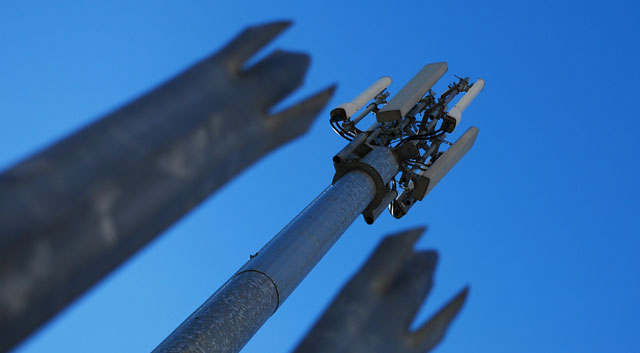
Despite a number of retail price skirmishes in South Africa’s mobile telecommunications industry in 2013, the prepaid tariffs levied by South Africa’s two incumbent mobile operators, Vodacom and MTN, remain “expensive” relative to the rest of the continent.
This is the key finding in the latest report from Research ICT Africa, which monitors prepaid prices across Africa on a quarterly basis and ranks countries based on their rates.
The research firm says reductions in mobile termination rates in March last year, when the fees, which the operators charge each other to carry calls between their networks, were cut to 40c/minute, led to retail price reductions in the second quarter of the year. Cuts in the wholesale rates in the previous two years had not brought down prices, suggesting they had not been reduced sufficiently to allow smaller operators to undercut the prices of their bigger rivals.
However, by the fourth quarter of last year, prepaid voice mobile prices had again stopped falling, with no further reductions in prices from MTN and Vodacom, Research ICT Africa says.
“The absence of further responsiveness to pricing pressure from smaller operators, who reduced their prices dramatically during 2013, means South Africa’s dominant operator prices remain expensive compared to other African countries,” it says in the latest quarterly update, published on Thursday.
Although fourth and smallest cellphone entrant, the loss-making Telkom Mobile, significantly reduced both on-net and off-net prices in the third quarter of 2013, making available the cheapest tariff in the prepaid mobile voice market, this failed to prod either Vodacom or MTN into responding.
South Africa’s ranking based on the dominant operator in the country improved slightly compared to the third quarter of 2013, but still had the 19th highest price in Africa on the firm’s Africa Prepaid Mobile Pricing Transparency Index.
“Thanks to the introduction of Sim-Sonke by Telkom Mobile, South Africa has improved its position as measured by the cheapest product in the country, jumping from 20th in the second quarter of 2013 to seventh in the fourth quarter of 2013 on the 45-country index,” it says.
However, in a market with two dominant players as “strong and entrenched” as MTN and Vodacom, “structural factors” have constrained the ability of small players to attract subscribers on the basis of pricing alone, it adds.
The latest set of multi-year reductions in termination rates, introduced by telecoms regulator Icasa — the first one is set to kick in on 1 March in the absence of a court order stopping it — will bring South Africa into line with some of the leading markets in Africa, according to Research ICT Africa.
This, it says, will “lay the foundation for lower retail prices and more competition”.
However, it has warned that the “asymmetry” in the rates, in terms of which smaller operators will benefit from a pricing regime skewed in their favour, is “unprecedentedly high”.
From 1 March, smaller operators, including Cell C, will pay Vodacom and MTN 20c/minute to send calls their networks, while the two big incumbents will pay 44c/minute for calls in the other direction. It’s an effective subsidy that Icasa hopes will lead to greater infrastructure competition and lower retail prices.
“Asymmetric regulation of operators is an extreme intervention in the market and is only justifiable when dominant positions in the market have become entrenched over a long period of time, as ours have,” the report says.
“The caution is that asymmetric termination rates have the potential to distort the market as well as investment incentives of the beneficiaries of asymmetric rates,” it says. “For this reason, asymmetry should be imposed only for a limited period, needs to be closely monitored, and should be withdrawn as soon as the intended competitive outcomes kick in, or if they fail to succeed within the specified period.” — (c) 2014 NewsCentral Media

